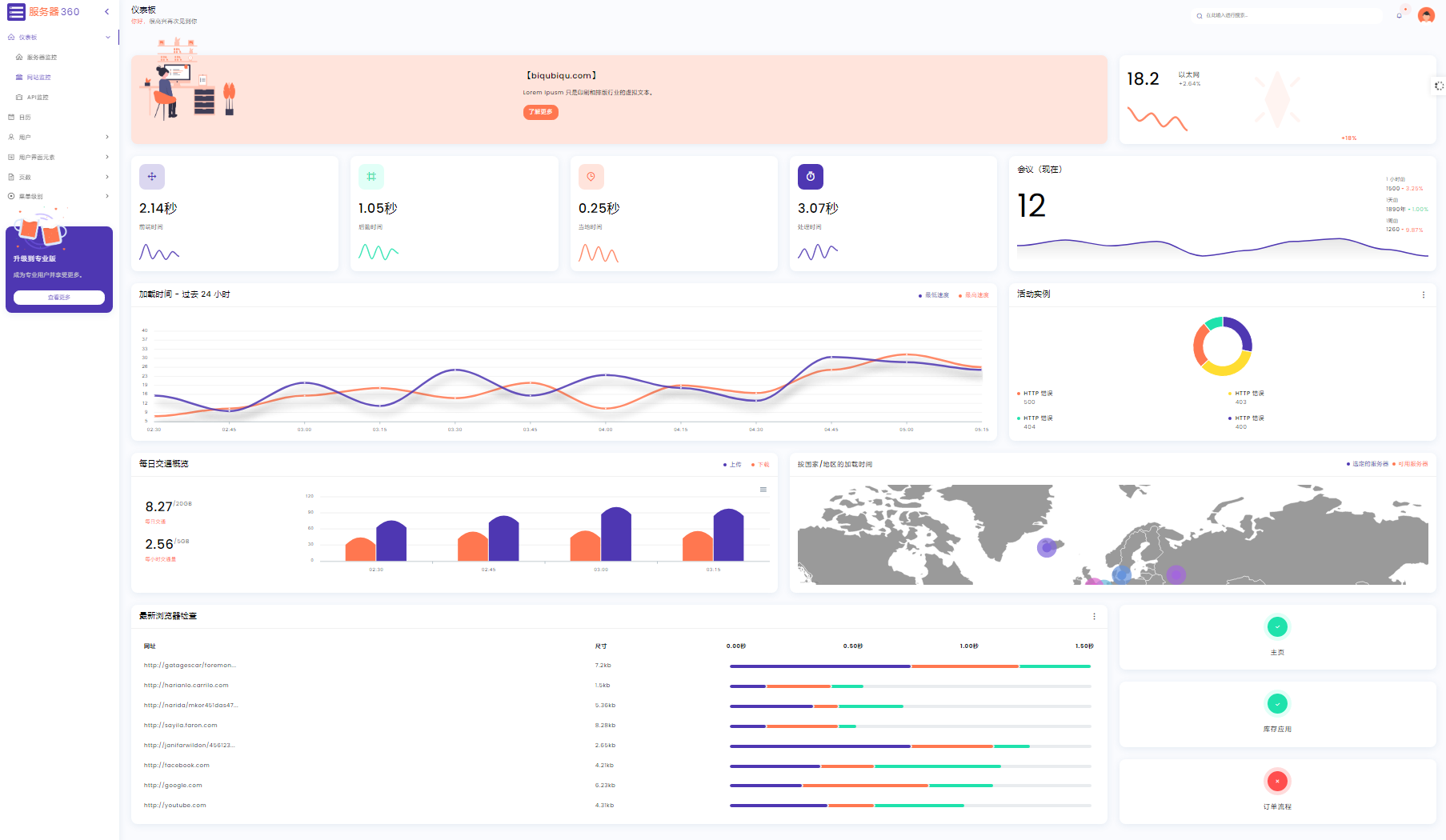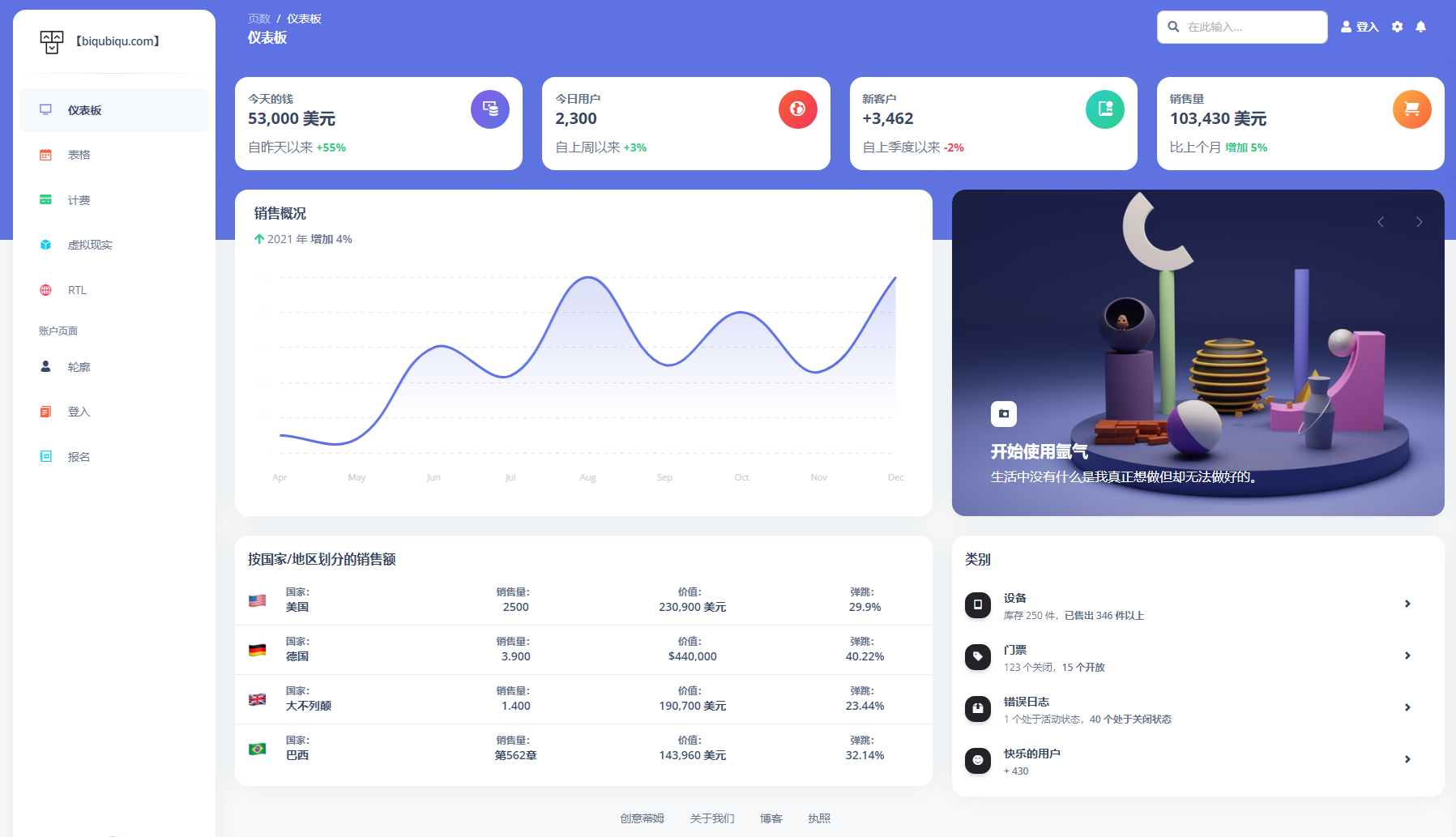红桃娱乐,注册|Using Controversy to Drive Engagement in Your Marketing
Using Controversy to Drive Engagement in Your Marketing
In today's competitive marketing landscape, brands are constantly looking for ways to stand out from the crowd and capture the attention of their target audience. One strategy that has been gaining traction in recent years is the use of controversy to drive engagement. By taking a stance on controversial issues, brands can generate buzz, provoke discussion, and increase brand awareness.
Of course, using controversy in marketing is not without its risks. If not handled properly, it can backfire and damage your brand reputation. However, when done correctly, controversy can be a powerful tool for driving engagement and achieving your marketing goals.
How to Use Controversy in Marketing Effectively
If you're considering using controversy in your marketing, there are a few things you need to keep in mind.
Choose Your Issue Carefully
The first step is to choose a controversial issue that is relevant to your brand and your target audience. The issue should be something that people are passionate about and have strong opinions on. It should also be something that your brand can take a defensible stance on.
Do Your Research
Once you've chosen an issue, it's important to do your research and understand all sides of the argument. This will help you to develop a strong and well-informed position on the issue.
Be Authentic
When you're taking a stance on a controversial issue, it's important to be authentic and genuine. Your audience will be able to tell if you're just trying to stir up controversy for the sake of it.
【4.】Be Prepared for Backlash
When you take a controversial stance, you can expect to receive some backlash. People who disagree with your position may voice their opinions loudly and publicly. It's important to be prepared for this and have a plan in place for responding to negative feedback.
【5.】Monitor the Conversation
Once you've launched your campaign, it's important to monitor the conversation online and social media. This will help you to track the sentiment around your brand and address any negative feedback that may arise.

【6.】Measure Your Results
Finally, it's important to measure the results of your campaign to see if it was successful. Did you see an increase in brand awareness, engagement, or sales? If not, you may need to adjust your approach.
Examples of Brands That Have Used Controversy Successfully
There are a number of brands that have successfully used controversy to drive engagement in their marketing. Here are a few examples:

Nike: In 2018, Nike launched a campaign featuring Colin Kaepernick, a former NFL player who had been kneeling during the national anthem in protest of police brutality and racial injustice. The campaign was met with both praise and criticism, but it generated a lot of buzz and helped to increase Nike's brand awareness.

Pepsi: In 2017, Pepsi released a commercial featuring Kendall Jenner that was widely criticized for being tone-deaf and insensitive. The commercial was quickly pulled, but it generated a lot of discussion and debate online.
Dove: In 2013, Dove released a campaign featuring women of all shapes and sizes, which was praised for its body positivity message. The campaign was a huge success and helped to improve Dove's brand image.
Conclusion
Controversy can be a powerful tool for driving engagement in your marketing, but it's important to use it carefully and strategically. If you're considering using controversy in your marketing, be sure to follow the tips above to avoid any potential pitfalls.
